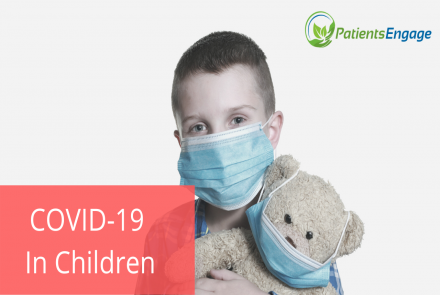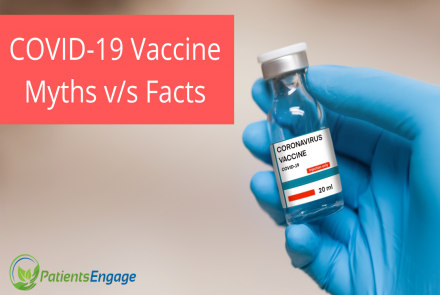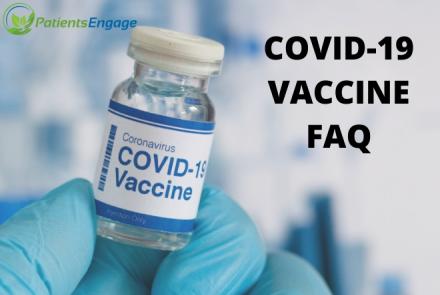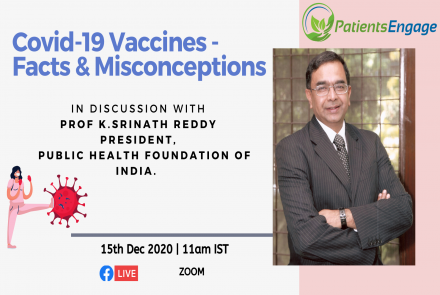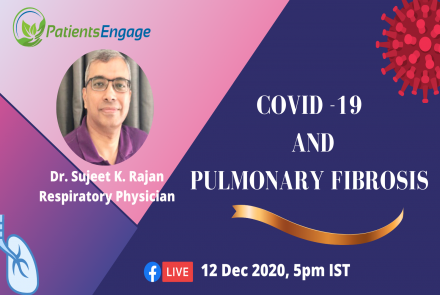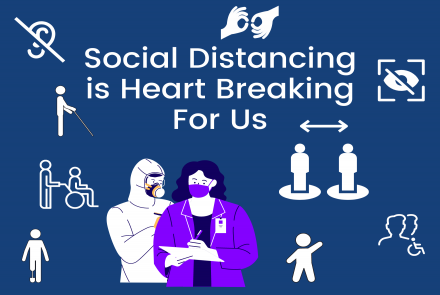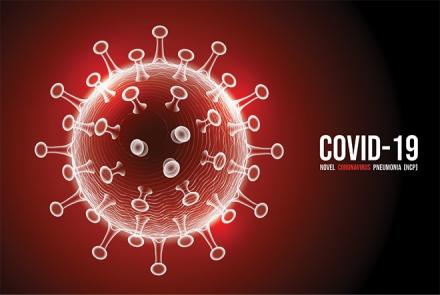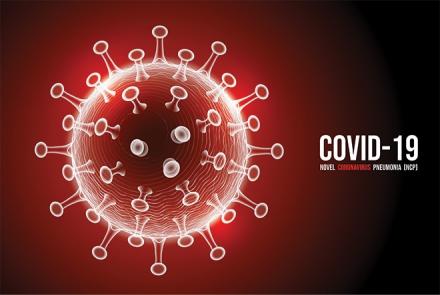
Dr Joyeeta Basu explains about common viral illnesses like flu, dengue and Covid-19, the importance of a precise diagnosis, the symptoms to watch out for and whether one should self-medicate. Plus common misconceptions.
Please explain the difference between the common cold, influenza, chikungunya, dengue and covid.
Influenza (flu) and the common cold are both contagious respiratory illnesses, but they are caused by different viruses. Flu is caused by influenza viruses only, whereas the common cold can be caused by a number of different viruses, including rhinoviruses, parainfluenza.
The symptoms of flu are fever, chills, cough, sore throat, runny nose, body aches, headaches, and fatigue. Cold symptoms are usually milder than the symptoms of flu. Colds generally do not result in serious health problems.
Dengue and chikungunya are carried by the same type of mosquito but are caused due to different viruses. While chikungunya is caused by a Togaviridae alphavirus, the Flaviviridae Flavivirus is responsible for causing the dengue fever.
Dengue fever has become more common and dangerous than chikungunya in the last few years but the joint pain associated with chikungunya can last for years.
The symptoms of dengue are fever headache, body ache, rashes and show up within 3-4 days after infection and reduce in about 3-4 weeks with medication and rest. The platelet count starts dropping on day 5 and is usually more severe than in Chikungunya.
The symptoms of chikungunya are fever and severe joint pain and rashes and start within 2-4 days of exposure. The fever usually subsides in 3/4 days, but the joint pains take months to disappear. There is only a minimal drop in platelets in Chikungunya.
Covid 19 has an incubation period of up to 10 days. It is more contagious than flu and can range from a mild infection to a severe respiratory illness requiring hospitalisation and ICU care.
Why are most of these illnesses more apparent during the monsoon?
Dengue and chikungunya are more common in the monsoon as the mosquitoes breed in the water collected during the rains.
Flu and common cold are common during the season change and colder weather. We have been seeing Covid all year round.
How are each of these viral infections diagnosed?
Covid is diagnosed by an RTPCR test.
Flu and common cold can be diagnosed with a clinical examination. Though there are Rapid tests for influenza are available.
For Dengue there is the NS1 Antigen test and Dengue Serology tests.
Chikungunya has Serological tests, such as enzyme-linked immunosorbent assays (ELISA), which confirm the presence of IgM and IgG anti-chikungunya antibodies.
Malaria is diagnosed with a blood smear test in a laboratory.
Why is precise diagnosis important?
A precise diagnosis is important as the management and treatment of these diseases are different. For example, if we use antibiotics to treat viral infections like Dengue and Chikungunya, certain antibiotics can cause thrombocytopenia or breakdown of platelets which could be life threatening.
If one has fever, what should they do? ( steps to take, home remedies)
If one has a fever, as these are Covid times, one must isolate. Take paracetamol for the fever. Hydrate well.
Eat a well balanced diet.
Contact your Doctor who will assess your symptoms and conduct a clinical examination and then advise tests accordingly.
When should a fever be reported to a doctor?
Any fever above 99.5 Degrees F of more than 24 hours needs to be checked by a physician. The temperatures are more or less similar for a child and an infant.
What are the common but often missed signs or symptoms of a viral infection?
Many a times a patient may have a very low-grade fever or no fever and just have symptoms of fatigue and body ache, or loss of appetite and an upset stomach. In children usually irritability, listlessness are other common symptoms.
Should patients self- medicate? Why?
Ideally patients should not self-medicate ever except for Tab Paracetamol to bring down the fever. Most Viral infections are self-limiting and need only paracetamol, fluids, and rest. Antibiotics are of no help in viral infections as they are used to treat bacterial infections and have no effect on viruses.
What is your advice to patients to prevent viral infections?
Good hygiene, hand washing, are important factors which keep viruses at bay. Taking the Flu vaccine annually and the Pneumonia vaccine for the elderly would be extremely helpful to keep the infections at bay. Everybody who is eligible should take the Covid Vaccine. It helps to prevent hospitalisation and death in 90% of cases. With Covid,wearing a mask and avoiding crowds are very important. For Dengue and Chikungunya, avoiding stagnant water collection is important, like changing water in the water coolers, changing water in indoor plants and waterfalls.
Common misconceptions and myths you come across which need to be addressed?
- Common myth is Covid is just a type of flu. It is not.
- Vaccines are harmful and cause more harm than good. Vaccines help to prevent hospitalisation and death.
- Vitamin C and Zinc help to prevent Covid. No they do not.
- No amount of kadha drinking will help to prevent Covid. What will help prevent getting Covid is double masking, avoiding crowds, hand washing and vaccination.

Dr Joyeeta Basu is a General Physician, Gurgaon. CoFounder Doctors Hub.
Past Medical Superintendent Sitaram Bhartia institute of Science and Research.
An alumna of Lady Hardinge Medical College.

